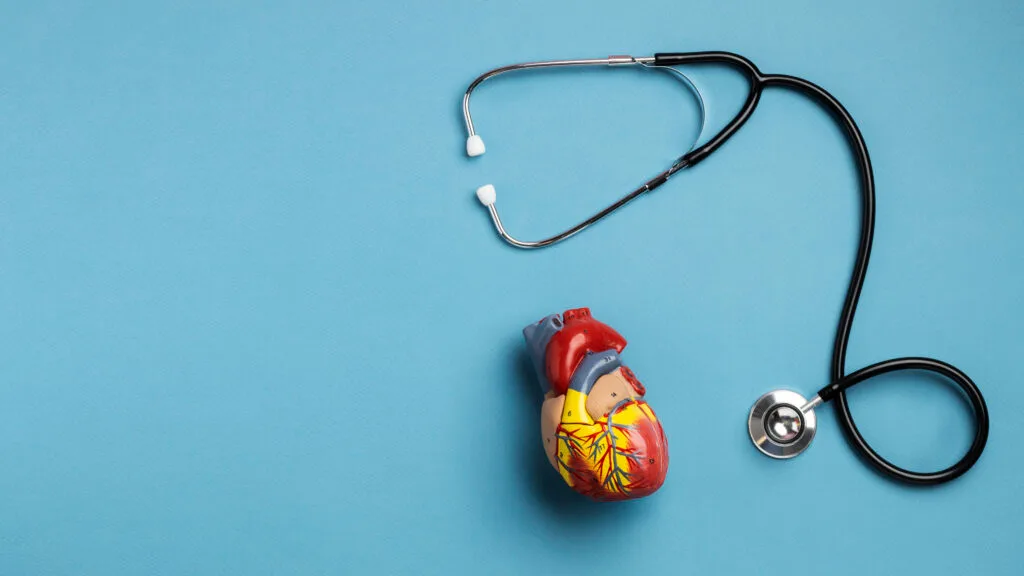Lower Cholesterol by Avoiding These Harmful Fats 2024
Lower Cholesterol
Keeping cholesterol levels in check is essential for overall heart health. Cholesterol, a waxy substance found in the bloodstream, is carried by two primary types of lipoproteins: low-density lipoprotein (LDL), commonly referred to as “bad” cholesterol, and high-density lipoprotein (HDL), often called “good” cholesterol. Striking a balance between these two types is essential, as elevated LDL levels can lead to plaque formation in the arteries, heightening the risk of heart disease and strokes.
To keep your heart healthy, it’s important to identify which dietary fats can negatively affect cholesterol levels. The primary offenders are saturated fats and trans fats, both of which can raise LDL cholesterol. In contrast, unsaturated fats can improve cholesterol profiles and support heart health. This article explores these different types of fats, their effects on cholesterol, and practical tips for making healthier dietary choices.

Table of Contents
Categories of Dietary Fats and Their Impact
Fats can be categorized into three main types: saturated fats, trans fats, and unsaturated fats. Each type has distinct effects on cholesterol levels and overall health.
Saturated Fats
Saturated fats are solid at room temperature and are found mainly in some vegetable oils and animal products. Key sources include:
- Animal Products: Fatty cuts of beef, lamb, pork, skin-on poultry, and high-fat dairy products such as butter, cream, cheese, and whole milk.
- Plant-Based Sources: Coconut oil and palm oil are common examples, frequently used in cooking and food processing.
High intake of saturated fats can lead to elevated LDL cholesterol levels. Health organizations recommend limiting saturated fat to less than 6% of total daily calories. Although recent studies have called into question the straightforward link between saturated fat and heart disease, the prevailing advice is to reduce intake to promote better cholesterol health.

Trans Fats
Trans fats are industrially created through a process known as hydrogenation, which transforms liquid vegetable oils into solid fats. These fats pose particular health risks:
- Negative Impact on Cholesterol: Trans fats not only raise LDL cholesterol but also decrease HDL cholesterol, thus increasing the risk of heart disease.
- Common Sources: Trans fats are prevalent in many fried foods (like French fries and doughnuts), baked goods (including pastries and cookies), margarine, shortening, and numerous packaged snacks (such as crackers).
Research links trans fats to increased inflammation in the body, which is a significant risk factor for chronic diseases, including heart disease. Consequently, most health authorities recommend avoiding trans fats altogether.
Unsaturated Fats
On the other hand, unsaturated fats are considered beneficial for heart health, and they are divided into two categories:
- Monounsaturated Fats: Typically liquid at room temperature, these fats can be found in foods like avocados, olive oil, and nuts. They help improve cholesterol levels by raising HDL cholesterol while lowering LDL cholesterol.
- Polyunsaturated Fats: Found in fatty fish (such as salmon), walnuts, and flaxseeds, polyunsaturated fats, especially omega-3 fatty acids, are well-known for their heart-protective qualities. Omega-3s are essential fats that the body cannot synthesize, requiring dietary sources.
Incorporating unsaturated fats into your diet can lead to lower LDL cholesterol levels and higher HDL cholesterol levels, making them an ideal choice for promoting cardiovascular health.

The Effects of Saturated and Trans Fats
Saturated Fats
Excessive consumption of saturated fats can have detrimental effects on heart health. While some studies suggest the relationship between saturated fats and heart disease may be complex, health organizations consistently recommend moderation.
Eating too much saturated fat can lead to:
- Elevated LDL Cholesterol: Increased LDL levels can lead to plaque buildup in arteries, which raises the risk of atherosclerosis, a condition characterized by hardened arteries.
- Potential Heart Health Risks: Even if not all saturated fats are equally harmful, it is wise to limit their intake and substitute them with healthier fat options.
Trans Fats
The dangers associated with trans fats are significant:
- Promotion of Inflammation: Trans fats can contribute to inflammation in the body, a known risk factor for chronic diseases, including cardiovascular issues.
- Regulatory Actions: Numerous countries have introduced bans or limitations on the use of trans fats in food products. Learning to read ingredient labels can help consumers identify and avoid these harmful fats.
Practical Tips for a Heart-Healthy Diet

To enhance cholesterol levels, consider adopting the following dietary changes:
- Limit Saturated Fat: Strive to keep saturated fats below 6% of your total daily caloric intake. You can achieve this by selecting lean cuts of meat, opting for low-fat dairy products, and minimizing processed and fried foods.
- Avoid Trans Fats: Always read ingredient labels to identify partially hydrogenated oils, and select products free from trans fats. Utilizing healthier cooking oils, such as olive oil, can also help reduce trans fat consumption.
- Incorporate Healthy Fats: Focus on adding unsaturated fats to your diet. Include foods like avocados, nuts, seeds, olive oil, and fatty fish, which are all excellent sources of beneficial fats.
- Emphasize Whole Foods: A diet rich in whole foods—such as fruits, vegetables, whole grains, and legumes—can significantly benefit heart health. These foods are generally low in unhealthy fats and high in fiber, which can also help lower cholesterol levels.
- Stay Educated: Knowledge about the types of fats present in your food choices is empowering. Familiarizing yourself with nutritional labels and ingredient lists can guide you toward healthier options.
Conclusion
Recognizing which fats adversely affect cholesterol levels is vital for maintaining a healthy heart. Saturated and trans fats are the primary offenders that can raise LDL cholesterol, while unsaturated fats provide a healthier alternative. By reducing your intake of saturated and trans fats and embracing unsaturated fats, you can better manage your cholesterol levels and lower your risk of heart disease.
Making informed dietary choices not only enhances your health but also contributes to a longer, healthier life. Your diet is a powerful ally in the prevention of heart disease. By prioritizing heart-healthy fats and making mindful food selections, you can take essential steps toward improving your overall cardiovascular health and well-being.






